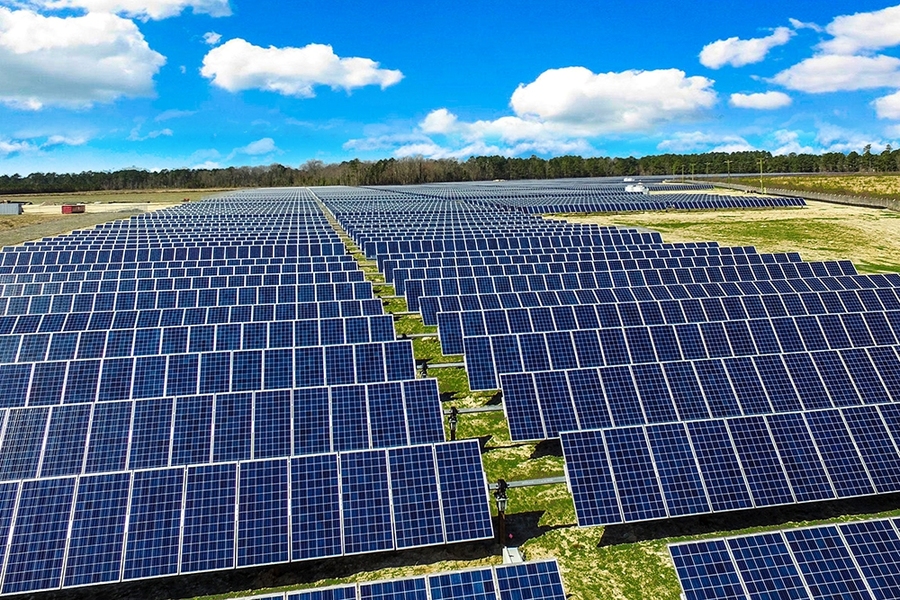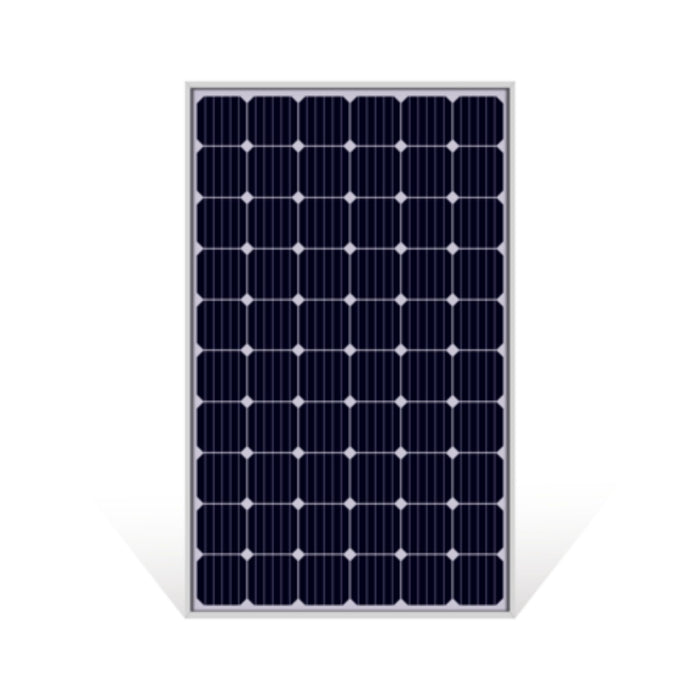See how Solar Panels can keep your home powered even during outages.
See how Solar Panels can keep your home powered even during outages.
Blog Article
Optimize Power Financial Savings With High-Quality Solar Panels
Maximizing energy financial savings through the usage of high-quality solar panels is a complex approach that needs mindful factor to consider of technology, setup, and upkeep. Selecting high-efficiency options, such as monocrystalline panels, can dramatically enhance electrical power generation, while longevity and warranty terms play an important duty in lasting financial practicality. Comprehending the capacity for federal government motivations can intensify the return on financial investment. The trip does not finish with the acquisition; the subtleties of setup and continuous maintenance are similarly vital to accomplishing optimal results. What factors should homeowners focus on to guarantee they understand these benefits completely?
Benefits of Solar Energy
The benefits of solar power are many and considerable, making it an increasingly attractive alternative for both household and commercial applications. Among the main benefits is its possible to minimize electrical energy expenses. By utilizing sunshine, homeowner can create their own power, reducing reliance on standard utility sources and inevitably causing considerable savings.
Another critical benefit is ecological sustainability. Solar power is a tidy, eco-friendly source that helps to alleviate greenhouse gas exhausts, adding to a reduction in air contamination and climate adjustment. This lines up with global initiatives to transition towards even more lasting energy remedies.
Furthermore, solar power systems can boost home value. Houses and businesses outfitted with solar panels often have higher resale values, attracting environmentally-conscious customers and investors. Federal government motivations, such as tax debts and rebates, can balance out installation costs, making solar energy even a lot more economically feasible.
Finally, solar innovation promotes energy self-reliance. By buying solar power, individuals and companies can minimize their susceptability to fluctuating energy rates and supply disruptions, fostering higher control over their power resources. Collectively, these advantages emphasize the compelling factors to take into consideration solar power remedies.
Picking the Right Solar Panels
Choosing the best solar panels is an essential action in making the most of the efficiency and advantages of a solar power system. When examining solar panels, several variables need to be thought about to guarantee optimal efficiency and long-lasting savings.
First, analyze the panel's effectiveness rating, which shows exactly how efficiently it transforms sunlight into power. Higher efficiency panels might have a greater in advance price however can create even more power in restricted space. Next, examine the service warranty supplied by the supplier; a much longer warranty commonly shows a greater level of self-confidence in the product's longevity and performance.
In addition, consider the sort of photovoltaic panel technology. Monocrystalline panels are known for their high performance and space-saving design, while polycrystalline panels have a tendency to be more cost effective but somewhat much less efficient. Bifacial panels, which record sunshine from both sides, are also obtaining popularity for their potential to boost power result.
Lastly, carry out a complete evaluation of independent efficiency scores and consumer reviews to evaluate dependability and satisfaction. By carefully thinking about these variables, homeowners can make informed options that align with their explanation their power demands and monetary purposes, eventually boosting the return on investment for their solar power systems.
Understanding Setup Costs
Understanding the costs associated with installing photovoltaic panels is vital for house owners seeking to spend in sustainable power. The total installation expense can differ dramatically based upon numerous aspects, consisting of system dimension, panel type, setup complexity, and geographic location.
Normally, the price is computed on a per-watt basis, with typical costs ranging from $2.50 to $3.50 per watt before any kind of rewards. A common property system may cost in between $15,000 and $25,000, relying on power requirements and the chosen parts.
In enhancement to the panels themselves, house owners ought to consider expenditures associated with inverters, installing hardware, and electric upgrades. Labor expenses also play a crucial duty, as specialist setup ensures conformity with security standards and local laws.

Inevitably, comprehending these installment costs and potential economic benefits is important for home owners to make informed decisions concerning transitioning to solar power.

Maintenance for Long-Term Savings
Maintaining photovoltaic panels is vital for maximizing long-term energy financial savings and ensuring the system operates at peak effectiveness. Regular maintenance involves several essential practices that can dramatically enhance the durability and performance of solar installments.
First, regular evaluations need to be conducted to identify any physical damage or wear, Solar Panels such as fractures or loosened connections. Cleaning up the panels is also crucial, as dirt, dust, and particles can obstruct sunlight, lowering energy result (Solar Panels). It is a good idea to cleanse the panels a minimum of two times a year, or much more often in locations with high degrees of dirt or pollution
Additionally, keeping an eye on the system's performance via a surveillance software application can give real-time data on power production and sharp property owners to any anomalies. This aggressive method allows for timely fixings, decreasing downtime and maintaining ideal power generation.
Environmental Influence of Solar Power
The environmental influence of solar power prolongs far beyond its instant benefits of lowering electrical energy bills and dependence on nonrenewable fuel sources. By harnessing sunshine, solar energy significantly decreases greenhouse gas discharges, therefore mitigating climate change. Unlike traditional energy resources such as coal or natural gas, solar energy generation does not produce air toxins, adding to boosted air high quality and public health and wellness.
Moreover, solar power advertises biodiversity by lowering the requirement for nonrenewable fuel source extraction, which frequently interferes with ecological communities and environments. By transitioning to renewable power resources, we can preserve natural click for info landscapes and protect threatened varieties from habitat loss.
The life process of solar panels additionally offers a lower ecological footprint contrasted to typical power resources - Solar Panels. While producing photovoltaic panels includes some resource use and exhausts, developments in innovation and recycling procedures are continuously decreasing these impacts. Additionally, the long-lasting advantages of solar power-- such as lowered dependence on limited sources-- much surpass these first expenses
Final Thought
In summary, the adoption of high-quality photovoltaic panels provides significant chances for energy savings and environmental benefits. By selecting appropriate technologies, such as monocrystalline panels, and making certain efficient installment, property owners can optimize power generation in restricted areas. Furthermore, comprehending installment costs and upkeep requirements better adds to long-lasting savings. The critical alignment of solar panel selections with power requirements and government incentives enhances return on investment, promoting sustainability and decreasing reliance on traditional energy sources.
Report this page